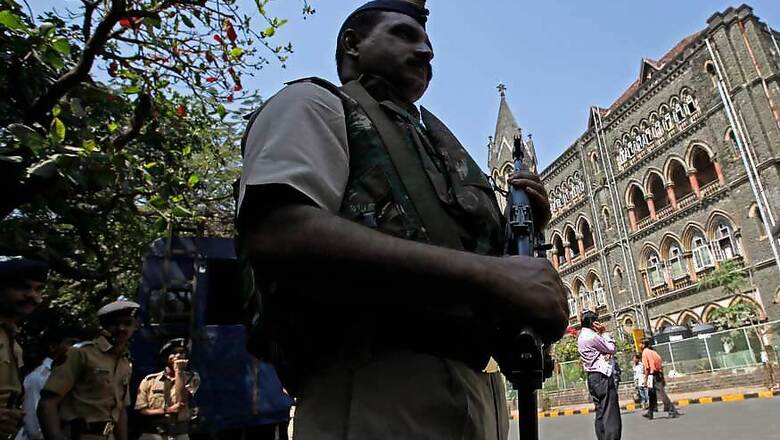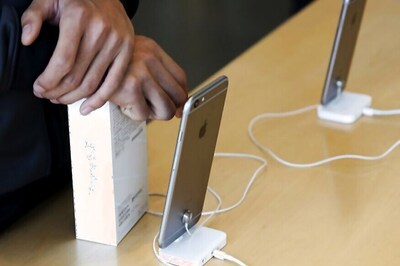
views
Mumbai: The Bombay High Court has dismissed a petition praying for video recording of proceedings in all courts of the country on the ground that it was a fundamental right of a citizen to know the judicial procedures and happenings during hearing of cases.
The petition, filed by Navneet Khosla, was dismissed by Chief Justice Dr Manjula Chellur and Justice M S Sonak on the ground that the Bombay High Court earlier rejected similar plea in two other writ petitions.
The court was of the view that video recording of judicial proceedings cannot be a regarded as a fundamental right of a citizen, but can be allowed only if it is necessary in a particular case or in a given situation.
Referring to earlier judgement of the Bombay High Court that have set precedents, the bench said that the observations therein are quite clear. On the basis of the same, it cannot be said that the petitioner has made out any case for grant of any of the reliefs prayed for by him in the petition.
"For the aforesaid reasons, we dismiss this petition. On this occasion however, there shall be no order for payment of costs," said the bench in its order on October 6.
The earlier high court judgement had listed a series of circumstances where such video recording in a court could be considered. This could be when the court wanted to talk to a witness through the medium of video conference in case if he or she is abroad and cannot travel to India, or in case of a witness who has a speech impediment or when the court wants to talk to a child in custodial matters.
Mathews Nedumpara, the counsel for petitioner, argued that Right to Information was a well recognised and integral part of the right to life within the meaning of Article 21 of the Constitution.
Also, Articles 14 and 19 of the Constitution, which deal with right to equality and right to freedom of expression respectively, are to be read together and so video-recording of court proceedings and telecast thereof, if it is necessary in public interest, is a fundamental right, Nedumpara argued.
As earlier judgement had not supported live telecasts and compulsory video recordings of a judicial proceedings, the high court dismissed Khosla's petition on the same ground.















Comments
0 comment